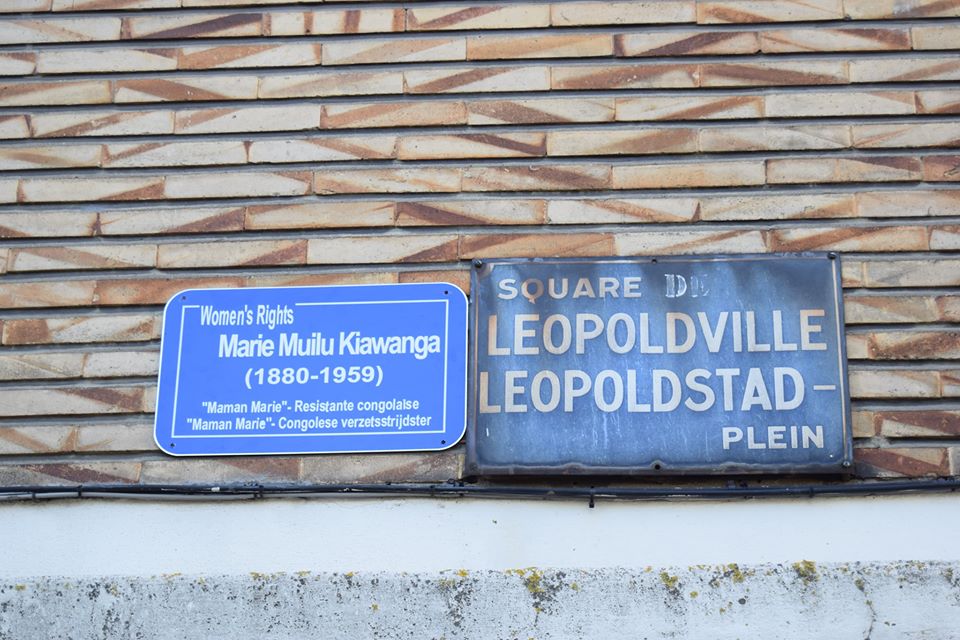From Monday, the Brussels' commune of Etterbeek has replaced the names of eleven streets, that were named after Belgians with a colonial history, with women's names.
The new name signs are temporary and will only stay in place for half a year. With this measure, the college of aldermen wants to decolonise the street names, and show that it is also possible to tell the other side of history.
"We want to see more women represented. And we want to tackle the overrepresentation of the colonial names," said alderman for Public Space Karim Sheikh Hassan. "Of its own accord, the urban landscape does not change so fast, but we wanted to do something temporary," he added.
Many street names, named after Belgians with a military history in the former Belgian colony, have made way for women's names. "We chose a mix of Etterbeek women and international women," said Sheik Hassan.
"We need to allow the people of Etterbeek to own their public space. It also goes with knowing why the place where you live has a certain name, and what is behind it," he added.
A few of the women represented are Rosa Parks, who fought against racial segregation in the United States, the Algerian Lalla Fatma N'Soumer, who fought against French domination, or the Polish Irena Sendlerowa, who saved Jews from Nazi-Germany.
From Etterbeek, the feminist Elise Soyer and the artist Marthe Wery were chosen. The first female doctor of law in Brussels was also given a nameplate, Marie Popelin.
"The number of streets bearing women's names is ridiculously low. We have chosen to pay tribute to women who illustrate the diversity of backgrounds and origins that make up the richness of the Brussels population," said Françoise de Halleux, alderman for Equal Opportunities and Diversity in a Facebook post.
Initially, the aim was to launch the street names around International Women's Day (8 March), but that plan was delayed because of the coronavirus.
The nameplates are part of a broader decolonisation programme organised by the College of Aldermen, which will also include various educational walks for residents and schools will follow in the autumn.
Maïthé Chini
The Brussels Times

